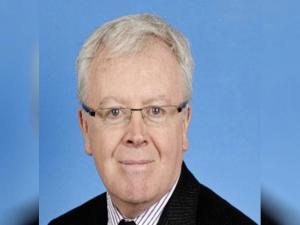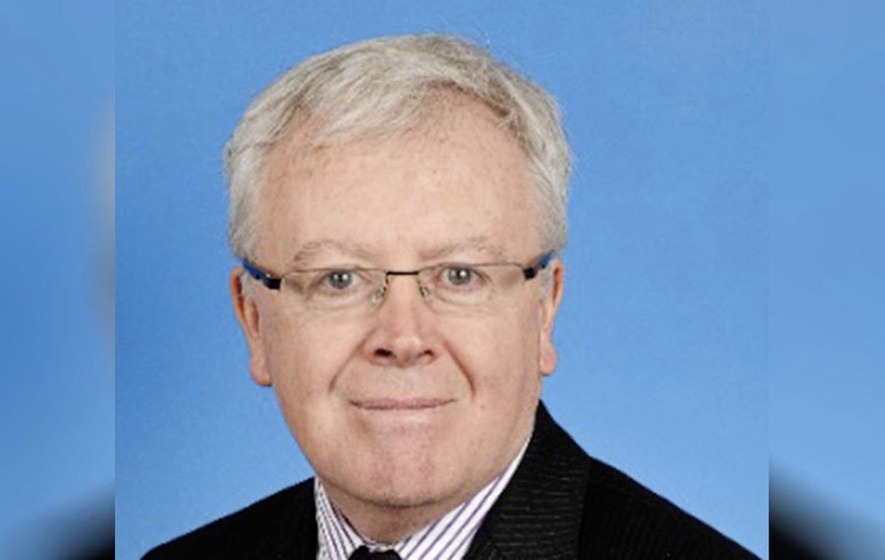
By Q Radio news
The education gap between wealthy and poor school pupils has not narrowed despite more than £900m being spent to tackle the issue.
The damning indictment is revealed in the latest report from the Northern Ireland Audit Office.
It's found that there’s no data to show that the Department of Education’s Targeting Social Need and Sure Start schemes have done anything to improve performance.
Director Patrick Barr says both initiatives cost £102m in the 2019/20 academic year alone.
The education gap between wealthy and poor school pupils has not narrowed despite more than £900m being spent to tackle the issue. https://t.co/r0KxP00EQ1
— Q Radio News (@qnewsdesk) May 5, 2021
Northern Ireland’s Comptroller and Auditor General, Kieran Donnelly’s report, ‘Closing the Gap – social deprivation and links to educational attainment’, focuses on two Department of Education interventions, Targeting Social Need (TSN) and Sure Start.
Collectively, the two interventions accounted for £102 million of annual funding to schools in 2019- 20 (and 74 per cent of the Department’s £138 million of annual funding targeting children from socially deprived backgrounds).
The report finds that, despite providing £913 million of TSN funding to schools since April 2005, the Department does not have any data to clearly demonstrate if this funding has improved the performance of pupils with Free School Meal Entitlement (FSME)1 .
Although the educational attainment of all school leavers is improving, progress to close the attainment gap between FSME and non-FSME pupils has been slow.
The gap in achievement of at least five GCSEs including English and Maths has not changed significantly in the last 15 years, with the long-term trend being a gap of approximately 30 percentage points.
There is no requirement for schools to spend TSN funding solely on supporting pupils from socially deprived backgrounds.
Today’s report found that the Department has not collated information on the use and impact of TSN funds. A new TSN Planner, designed to capture such information, has had very low uptake, with only six per cent of schools providing a return for the 2018-19 academic year.
The Department advised that uptake was impacted by the timing of the introduction of the Targeting Social Need Planner during teachers’ action short of strike.
Mr Donnelly commented:
“I understand that improving educational attainment is more than a matter of providing funding and that a broad range of factors contribute, including school leadership, classroom teaching, and parental and community involvement.
However, for over 15 years, targeted funding totalling
hundreds of millions of pounds has been provided to support disadvantaged pupils and close the attainment gap.
It is simply unacceptable that the Department does not have adequate information to establish how these funds have been targeted by schools, or the effectiveness of the interventions used.”
“The improved performance of all school leavers is to be welcomed. However, there is clearly still work to be done to address educational attainment inequalities, and these are likely to have been exacerbated by the disruption to schools as a result of the Covid-19 pandemic.
The issues raised in my report must be addressed urgently in order to maximise outcomes for pupils, and value for money for taxpayers.”

(Northern Ireland’s Comptroller and Auditor General, Kieran Donnelly)


 Police name man found dead in Bangor
Police name man found dead in Bangor
 Education Authority boss hits out at criticisms of public services
Education Authority boss hits out at criticisms of public services
 Man in 90s dies following Co Down road crash
Man in 90s dies following Co Down road crash
 Police to increase patrols after second incident of shots being fired in Belfast
Police to increase patrols after second incident of shots being fired in Belfast
 Woman charged over theft of campaigner’s car ‘must stay out of Belfast’
Woman charged over theft of campaigner’s car ‘must stay out of Belfast’